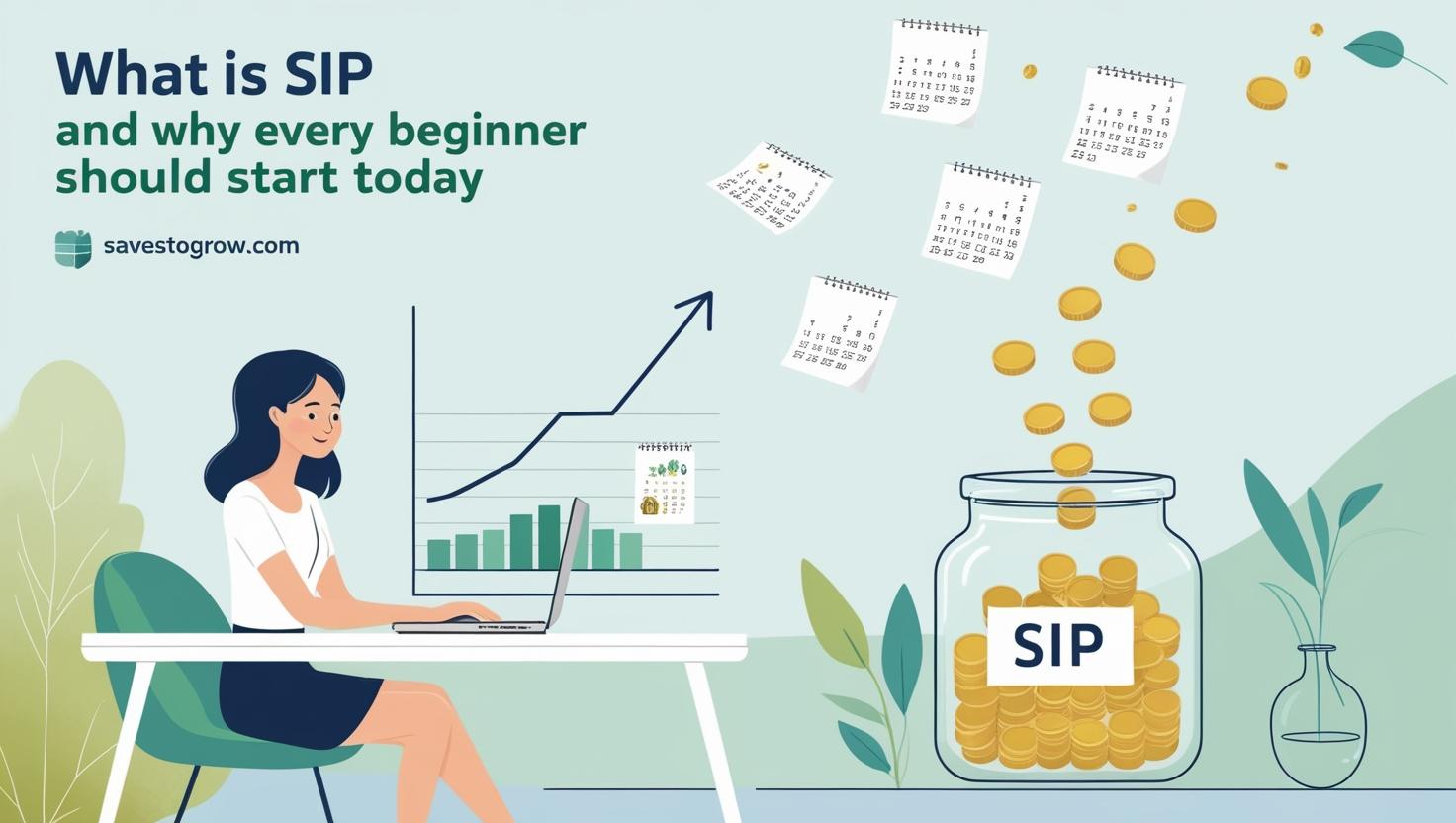If you’ve ever wondered whether mutual funds or fixed deposits (FDs) will grow your money more by 2030, you’re not alone. This is one of the most common questions among Indian savers and new investors. Both are popular—but they’re wildly different when it comes to risk, return, and long-term wealth creation.
In this article, we’ll break down both options in a simple, no-jargon way so you can decide where your money works best for you.
What Are Fixed Deposits?
Fixed deposits are one of the oldest and most trusted investment tools in India. You park a lump sum of money in a bank or NBFC for a fixed period—usually from 7 days to 10 years—and earn a guaranteed interest rate.
- Returns: Typically between 6% to 7.5% (as of 2025)
- Risk: Very low, with capital protection
- Liquidity: Limited—you may face a penalty for premature withdrawal
- Taxation: Interest is fully taxable under your income slab
FDs are perfect for people who don’t want surprises and value capital safety more than high returns.
What Are Mutual Funds?
Mutual funds pool money from many investors and invest in a mix of assets—stocks, bonds, gold, etc.—depending on the type of fund.
- Returns: Historically between 10% to 15% annually in equity mutual funds
- Risk: Market-linked, but can be managed through diversification
- Liquidity: High—most funds allow easy withdrawal
- Taxation: Long-term gains taxed at 10% (beyond ₹1 lakh); short-term at 15%
Mutual funds are great for long-term investors looking to beat inflation and grow wealth consistently, especially through SIPs (Systematic Investment Plans).
Mutual Funds vs Fixed Deposits: Side-by-Side Comparison
| Feature | Fixed Deposits (FDs) | Mutual Funds |
|---|---|---|
| Expected Annual Return | 6% – 7.5% | 10% – 15% (Equity MFs) |
| Risk Level | Very Low | Moderate to High |
| Lock-In Period | Fixed (Premature penalty) | Open-ended options available |
| Tax Efficiency | Low | Better (especially long-term) |
| Ideal For | Capital protection | Wealth creation |
Wealth Projection: FD vs Mutual Fund by 2030
Let’s assume you invest ₹5,000 per month for the next 5 years (2025–2030):
- FD at 7%: ₹5,000/month for 60 months = ₹3.57 lakhs
- Mutual Fund at 12%: ₹5,000/month for 60 months = ₹4.13 lakhs
That’s a difference of ₹56,000—and the gap only widens the longer you stay invested.
So, Which One Makes You Wealthier?
If your goal is safety, FDs offer peace of mind. But if you’re thinking long term and want to beat inflation while building serious wealth by 2030, mutual funds clearly come out ahead—especially when invested through SIPs.
However, you don’t need to choose one over the other. A smart approach is diversification: put your emergency savings in FDs and long-term investments in mutual funds.
Final Thoughts
Choosing between mutual funds and fixed deposits depends on your risk appetite and financial goals. If you can stomach short-term market swings and focus on long-term growth, mutual funds are the way to go.
But if you’re close to retirement, need fixed returns, or want a backup fund, FDs still play a strong role.
Start small, but start smart.






